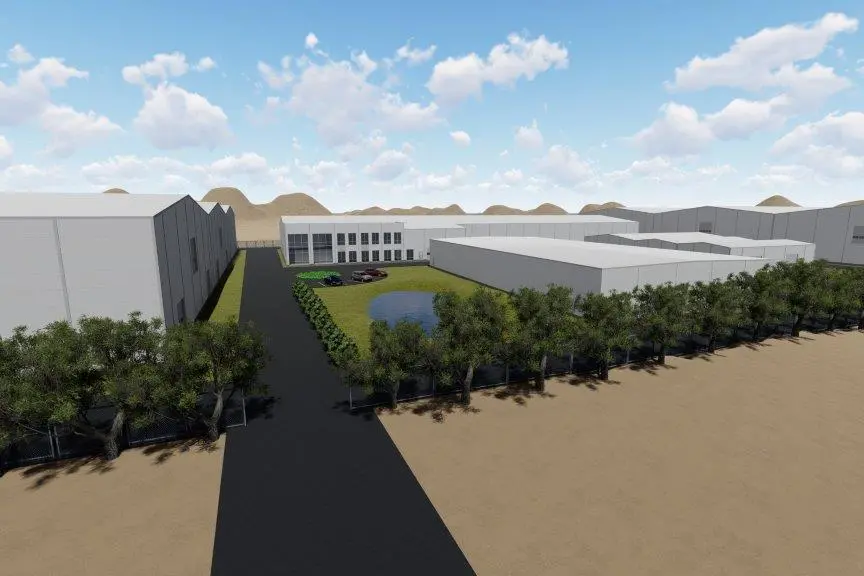PHOTO
A Dubai-based importer of salmon known as Vikings Label is planning to build a land-based salmon farm in Ras Al Khaimah in the United Arab Emirates (UAE), the company said in a press release late last week.
“Surveys of land conditions are currently under way on a site which is located in North Ras Al Khaimah. The $90 million project is expected to be completed by 2020 and the salmon will be available in the UAE market for consumers in 2021,” the company said in its press release.
It did not elaborate on the project’s sources of funding, and the company's management were unreachable when contacted by Zawya on Tuesday.
The new fish farm is supposed to produce 5,000 tonnes of the Atlantic salmon, a type of salmon fish found in the Atlantic Ocean, per year, according to Vikings Label’s press release. The salmon will be produced by eggs imported from Northern Europe.
Vikings Label is co-owned by by Norwegians Lukas Havn and Tore Havn, who said in the statement that most of the salmon currently being consumed in the UAE is imported from Norway, Scotland and Chile.
Vikings Label isn't the first company to set up an onshore fish farm in the UAE. In 2013, an Abu Dhabi-based firm called Asmak revealed plans to set up an onshore fish farm in the UAE, according to the company’s official website. The company, which is listed on the Abu Dhabi Exchange as International Holdings Company, declared a 24.6 percent increase in sales in the first six months of 2018 to 238.8 million dirhams ($65 million), but saw profit decline by 17.1 percent to 17.4 million dirhams.
The UAE’s imports of fish and frozen fish in 2017 stood at $167.7 million and $58.9 million respectively, according to Trade Map – a trade statistics site developed by the International Trade Centre. Crustaceans, which includes shrimps, crabs or lobsters, stood at $302.3 million last year, according to Trade Map.
The UAE relies heavily on imports to secure its food products. The emirate’s Minister of State for Food Security, Mariam Bint Mohammed Saeed Hareb Al Mehairi, said in a press conference earlier this year that the emirates’ dependence on food imports continues to pose a food security challenge.
Further reading:
- UAE's Food Security Minister Visits New Zealand as part of sustainability drive to 'future proof' economy
- UAE Office for Future Food Security explores ways to improve food practices in the UAE
- The UAE and China ink two agreements on strengthening agricultural cooperation, building wholesale market
- Abu Dhabi gathers agricultural sector leaders together to address global food security challenges
- INTERVIEW- UAE, Saudi eye joint investments to reduce food security risks: UAE ministry undersecretary
(Writing by Yasmine Saleh; Editing by Michael Fahy)
Our Standards: The Thomson Reuters Trust Principles
Disclaimer: This article is provided for informational purposes only. The content does not provide tax, legal or investment advice or opinion regarding the suitability, value or profitability of any particular security, portfolio or investment strategy. Read our full disclaimer policy here.
© ZAWYA 2018





















